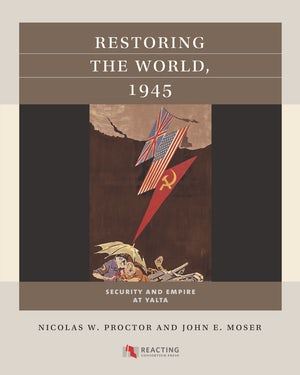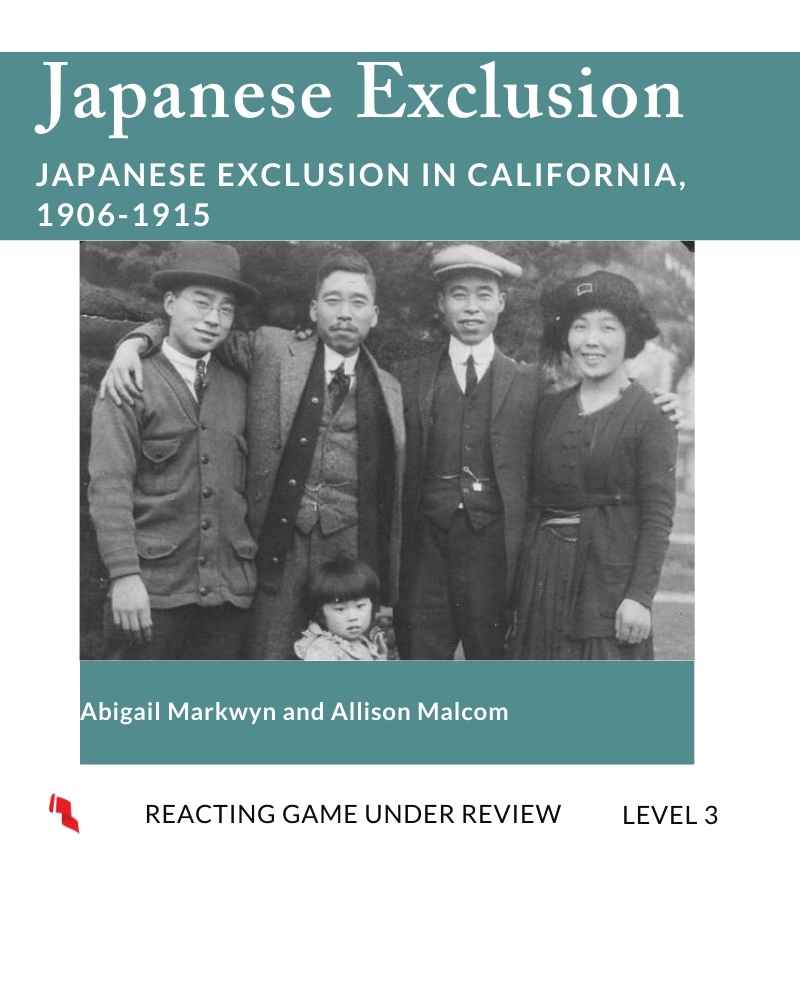 |
EXECUTIVE ORDER 9066
Japanese Americans after Pearl Harbor
by Michael A. Barnhart
 
Play this game recently? | Does America establish its own concentration camps? Much of the story behind Executive Order 9066 is not well known. To be sure, most Americans, most influential journalists, and most of their political leaders strongly favored the mass evacuation and internment of all Japanese and Japanese-Americans. But there were strong dissents that arose from a fundamental respect for constitutional rights and opposition to American racism. Many of these dissenters were in Roosevelt’s Department of Justice, but there were also a few among the political leadership, most of whom would pay for their principles by sacrificing their careers. Will the game's Roosevelt follow history or change it? |
Details
|
Using the Game Class Size and Scalability Class Time |
Reacting Consortium members can access all downloadable materials below. You will be asked to sign in before downloading. Please fill out the Permissions Request Form before using Executive Order 9066 in your class!
|
Additional Materials
Not a Member But Still Interested? |
-
 Executive Order 9066: Japanese Americans After Pearl Harbor
$10.00$0.00 - Member price
Executive Order 9066: Japanese Americans After Pearl Harbor
$10.00$0.00 - Member price
Michael A. Barnhart
Michael A. Barnhart is a Distinguished Teaching Professor Emeritus, Department of History at Stony Brook University, who has taught there for forty years. For over twenty years, Michael has used simulations as teaching tools. He has also written a book about using simulations entitled "Can You Beat Churchill?" along with other, more traditional academic publications such as "Japan Prepares for Total War."
|
Members can contact game authors directly if they have questions about using the game. We also invite instructors join our Facebook Faculty Lounge, where you'll find a wonderful community eager to help and answer questions.
|
|


